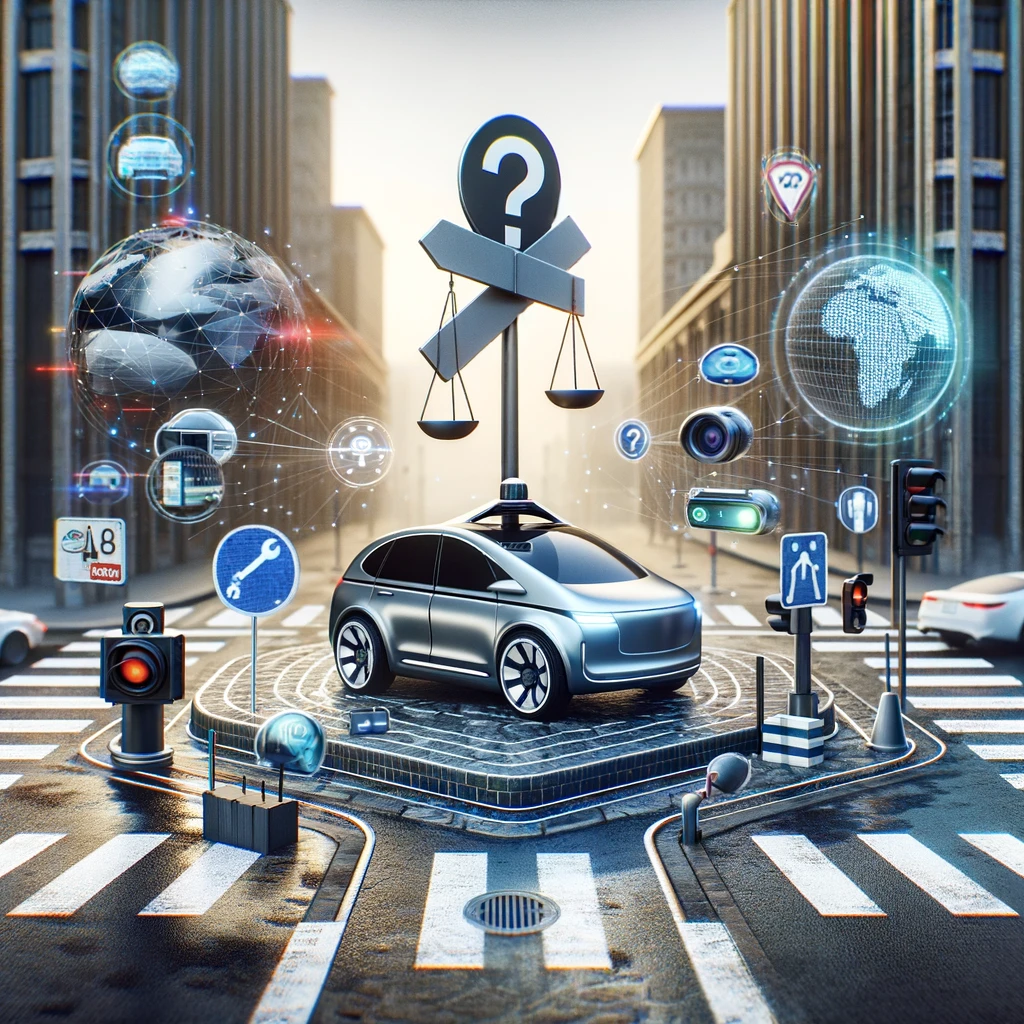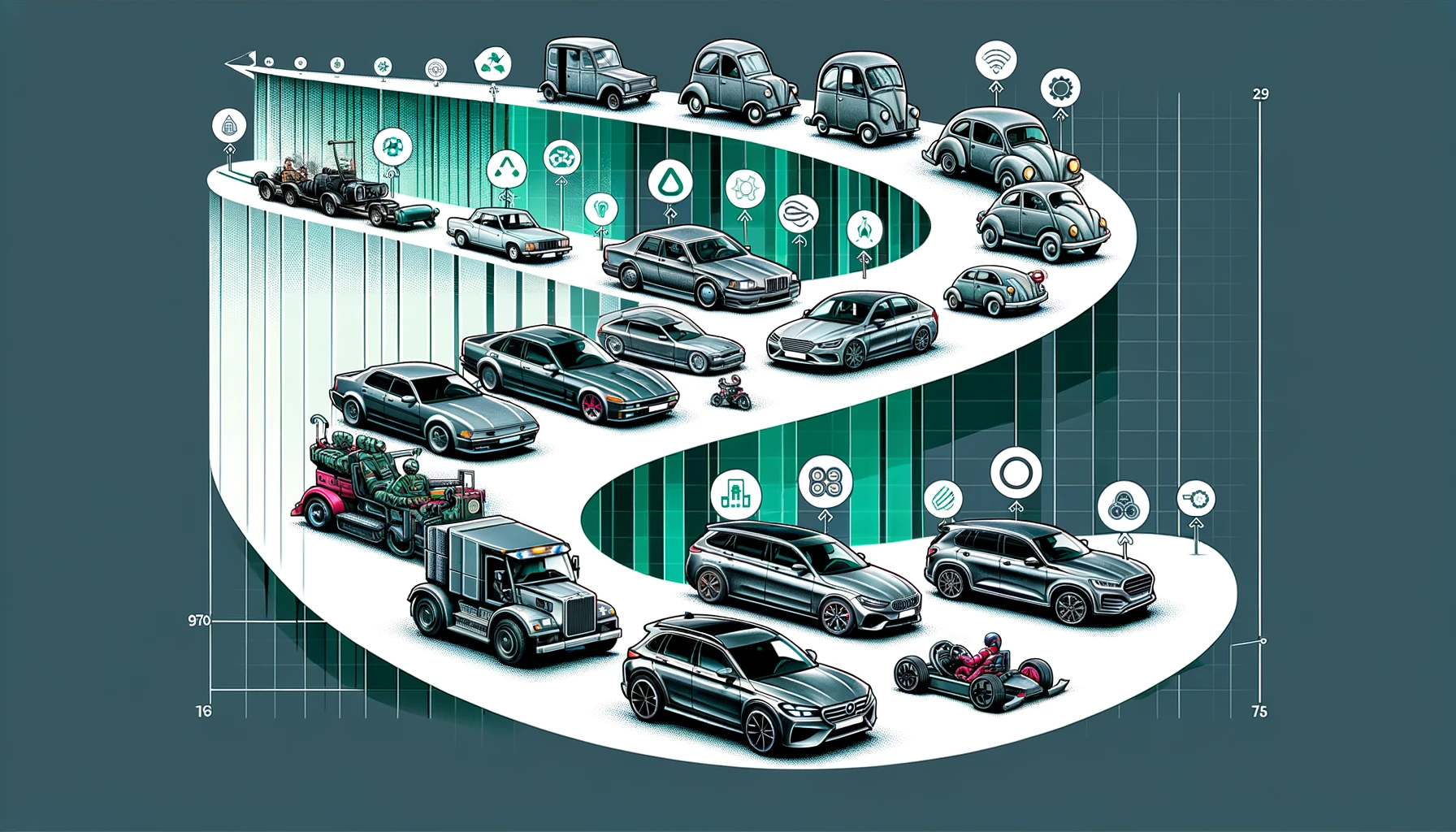Features
Leadership Through Ethics: A Moral Roadmap for Autonomous Driving

As autonomous vehicles (AVs) become more popular, the ethical dilemmas surrounding their adoption are becoming more significant. This article explores the complex ethical landscape of self-driving cars, focusing on crisis decision-making and privacy issues that are critical to their integration into society.
Overview of the Trolleybus Problem: Making Crisis Decisions
One of the most frequently debated ethical issues surrounding autonomous vehicles is the decision-making process in crisis situations. The classic philosophical "cart problem" in which you have to choose between two harmful outcomes becomes a real programming dilemma for AV. Should a self-driving car swerve to avoid a pedestrian if it endangers a passenger? Solutions programmed into AV can reflect societal values whose safety is a priority, raising important ethical questions about responsibility and morality in software development.
Privacy on Wheels: Data Security and Surveillance
Autonomous vehicles, like many other digital innovations, collect vast amounts of data to operate efficiently. Such data collection raises serious privacy concerns. Information about a person's location, habits, and even conversations in the car can be vulnerable to misuse if not properly protected. The possibility of constant surveillance by both companies and governments poses a threat to human privacy rights and requires strict data protection measures.
Responsibility and accountability
In the event of an accident, determining liability in conventional vehicles is simple – generally speaking, the driver is responsible. However, in the context of autonomous vehicles, attribution of blame becomes more difficult. Should the manufacturer, software developer, or vehicle owner be held liable for the accident? This issue complicates the legal framework and requires new rules to ensure fair liability and protect the rights of all parties involved.
Balance: safety and autonomy
While self-driving cars promise to reduce the number of accidents caused by human error, their programming still raises ethical concerns. The balance between security and personal autonomy is very delicate. For example, should AV replace manual human control in a risky situation? Setting limits of control while maintaining safety standards is an ethical challenge that developers and regulators must carefully address.
The Role of Consent
Incorporating ethics into autonomous vehicle technology also requires the consent of passengers and society. People should have the right to understand and accept the risks associated with the technology they use, including how their data is used and how a vehicle might behave in emergencies. Transparency from companies and regulators will be critical to the ethical integration of autonomous vehicles into everyday life.
Looking to the Future: Ethical Framework and Governance
As we move forward, it will be important to establish a strong ethical framework and governance structures to guide the development and deployment of autonomous vehicles. This framework should not only address current challenges, but also anticipate future challenges that may arise as technology advances and is more deeply integrated into society.










